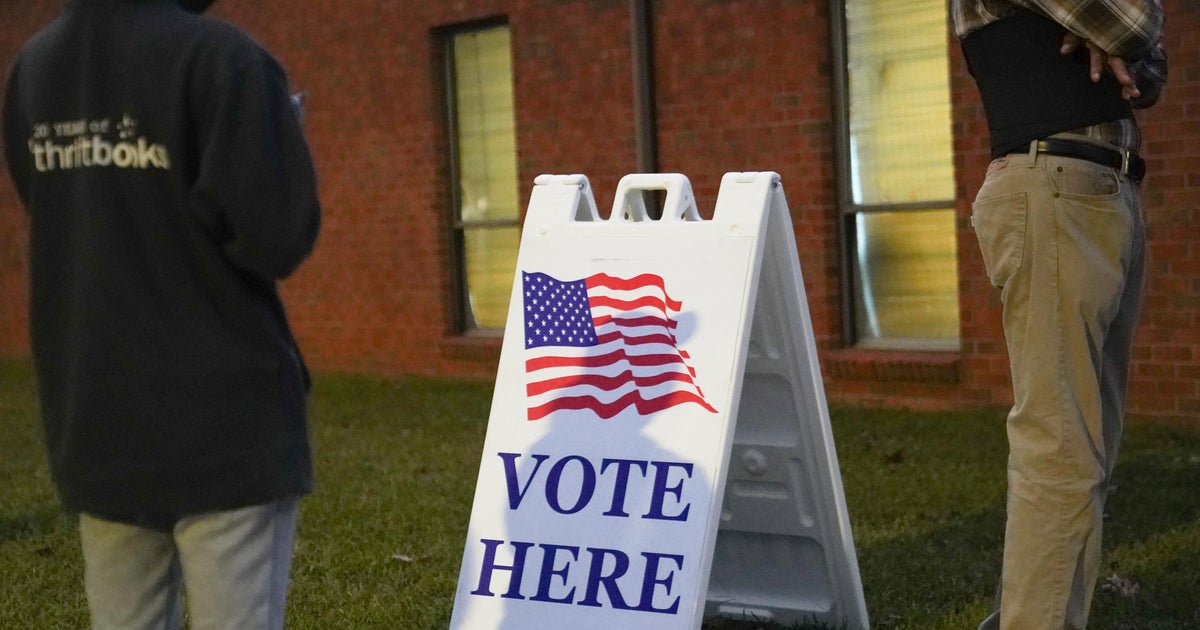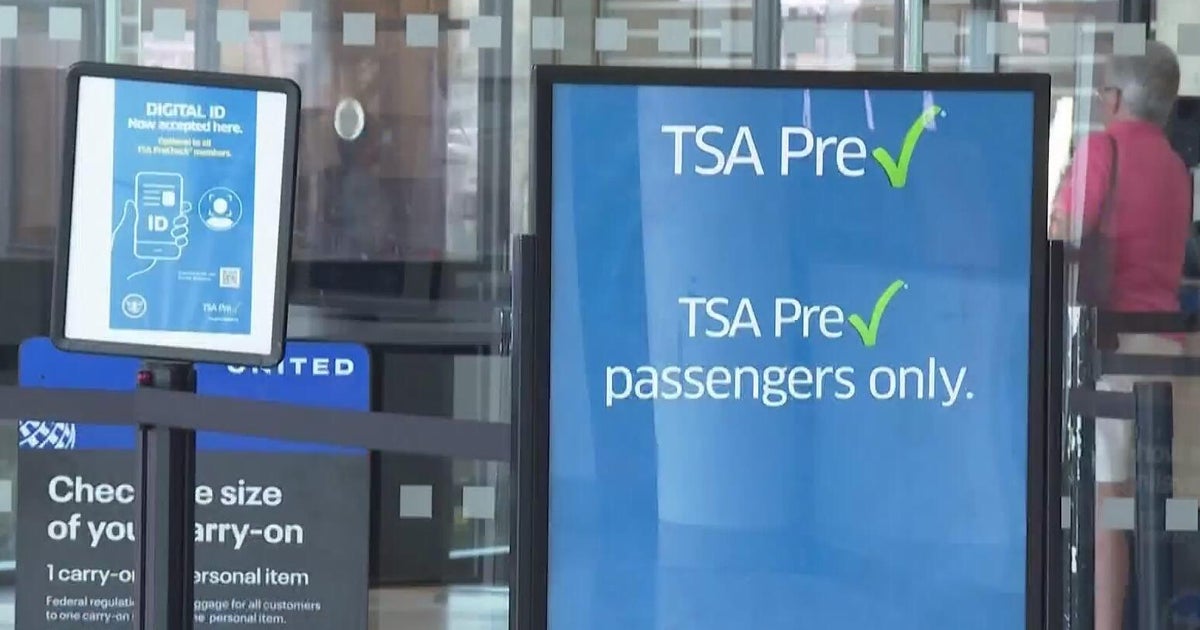What's A Pre-Existing Condition? You Probably Have One
DENVER (CBS4) - There is a new race to the finish line when it comes to healthcare reform, with the latest entry being the Graham-Cassidy Bill to replace the Affordable Care Act or Obamacare.
It's a bill that has a number of people riled up on both side of the political aisle, not to mention everyday Americans who would be affected by the bill. Unfortunately, complete information is a little bit hard to come by. It seems that much of what has been presented at this stage is reassurance by those backing the bill, and fear by those who oppose it.
So let's keep this part of the conversation non-political.
I'm sure some of you will disagree that non-political self-assessment… on both sides. But what I've done is take a look at one of the most important aspect of the bill: pre-existing conditions. But it is something that certainly is going to come into play with this new legislation, and it's important for you to understand why and what that term means.
Now before anyone says that I just threw down a list of medical conditions… adding too many, or leaving some off, consider this:
This list comes from the U.S. Department of Health and Human Services, and well as the Kaiser Family Foundation (a respected non-partisan independent health care organization).
It is based on what insurers deemed potentially pre-existing condition prior to the advent of the Affordable Care Act. Each insurer had a different list, but all of these were, according to the sources above, on someone's list as a condition that would allow them to:
Deny coverage
Delay coverage
Cap expenses, including lifetime ceilings
Charge unlimited higher premiums
A couple of points: not all insurers universally did this. Not all insurers will do this. Plus, I left off some of the complicated, rare diseases, so admittedly the list is far from complete. But what's on there is real, as per HHS and Kaiser.
All in all, it does create a great unknown, especially when you consider that close to 50 percent of all non-elderly Americans have or have had one of these conditions. Therefore, if you have none of these, you know or love someone who does.
Most Common
High Blood Pressure
Asthma
High Cholesterol
Diabetes
Obesity
Arthritis
Others
Acne
ADHD
AIDS/HIV
Anxiety
Alcohol or drug abuse
Alzheimer's/dementia
Anemia
Anorexia
Aneurysms
Artificial Heart Valve
Bulimia
Cancer
Cerebral palsy
Congestive heart failure
Coronary artery/heart disease, bypass surgery
Crohn's disease
Depression
Emphysema or COPD
Epilepsy
Hemophilia
Hepatitis or Liver disease
Kidney disease, renal failure
Lupus
Mental disorders (including, Bipolar Disorder, Obsessive Compulsive Disorder, Schizophrenia)
Migraine Headaches
Multiple sclerosis
Muscular dystrophy
Organ transplant
Paraplegia
Paralysis
Parkinson's disease
Pending surgery or hospitalization
Pneumocystis pneumonia
Pregnancy or expectant parent (includes men)
Sleep apnea
Stroke
Ulcerative Colitis
At this point, the bill does not clearly define what will happen with pre-existing conditions, but it appears how they are viewed and how they are treated will change in some way.
How? It all depends on who you believe.
Dr. Dave Hnida is CBS4's Medical Editor. He blogs about the latest studies and trends in the health world. Read his latest blog entries, check out his bio or follow him on Twitter @drdavehnida







